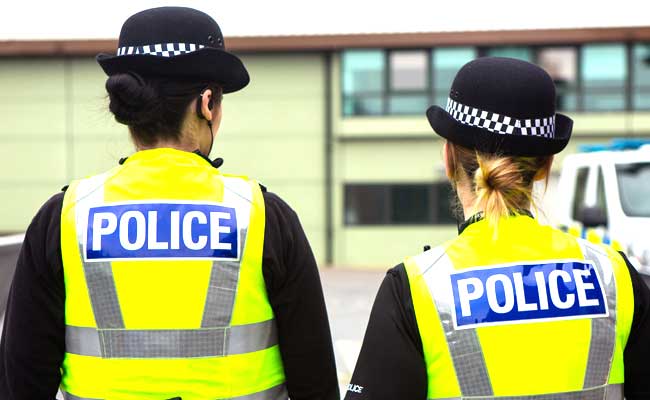Ellie Williams-Brown, Justice Gap: The police have finally dropped the term ‘domestic extremism’ after critics have accused them of rebranding lawful protest by using the phrase to capture a wide range of campaigning activity. The National Police Coordination Centre, which oversees the deployment of police officers to large scale events and in times of national crisis, has confirmed that it will no longer use the term. Its decision comes 12 months after a similar decision by the Home Office (here). A freedom of information request by the campaigning group Netpol, the Network for Police Monitoring, has confirmed the policy change. You can read more on Netpol’s site here. The NPoCC have told Netpol that the counter terrorism policing headquarters will be looking for new terminology.
‘Domestic extremism’ has been used to justify police surveillance on people, many of whom have not been arrested. In January 2019, The European Court of Human Rights in Strasbourg ruled police were not justified in retaining and compiling records of 94-year-old peaceful protester, John Catt. The Court ruled the records on a database of ‘domestic extremisms’ were unnecessary, violating Catt’s human rights, and that the database lacked safeguards to protect protesters’ rights. The abandonment of ‘domestic extremism’ follows criticisms that the term was slippery without a clear, legally binding definition. The vagueness of ‘domestic extremism’ has left it open to differing, subjective interpretations. MI5’s website, which no longer contains the term, previously defined ‘domestic extremism’ as ‘individuals or groups that carry out criminal acts in pursuit of a larger agenda’ who ‘may seek to change legislation or influence domestic policy and try to achieve this outside of the normal democratic process’.
Read more: Ellie Williams-Brown, Justice Gap:
